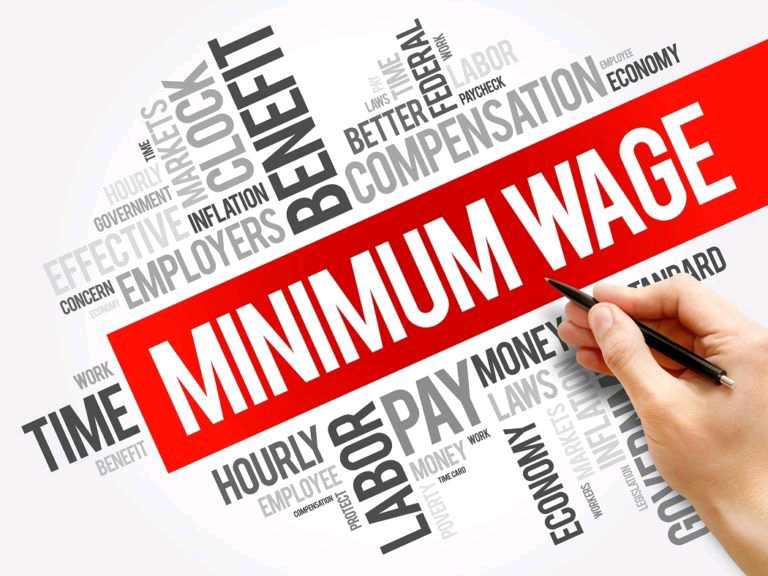Minimum wage laws represent a country’s baseline commitment to worker welfare.
While they don’t guarantee a comfortable life, they set a legal floor beneath which wages cannot fall.
In 2025, certain African countries stand out for having relatively high minimum wages—reflecting both economic capacity and political will.
Below are five countries leading the continent in statutory wage floors:
1. Seychelles
This Indian Ocean archipelago remains a benchmark for worker compensation in Africa. Despite its high cost of living, the government continually adjusts wage policies to preserve purchasing power and protect vulnerable workers.
2. Mauritius
Mauritius combines a diversified economy with proactive labor regulation. The government carries out regular reviews of wage levels to ensure they remain relevant in the face of inflation and rising living costs.
3. Morocco
Morocco’s minimum wage (locally known as the SMIG) has seen incremental increases in recent years. These adjustments are part of broader social reforms aimed at lifting living standards and reducing poverty in rural and urban areas.
4. South Africa
As one of Africa’s largest and most industrialized economies, South Africa applies national minimum wage legislation with built-in allowances and sectoral deviations. The minimum wage debate remains central to its ongoing efforts to reduce inequality.
5. Equatorial Guinea
Fueled by oil revenues, Equatorial Guinea maintains a relatively high wage floor compared to many of its neighbors. However, significant gaps in wealth distribution and limited economic diversification temper the broader impact of its wage policy.

